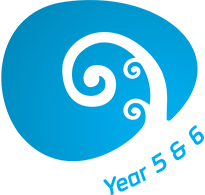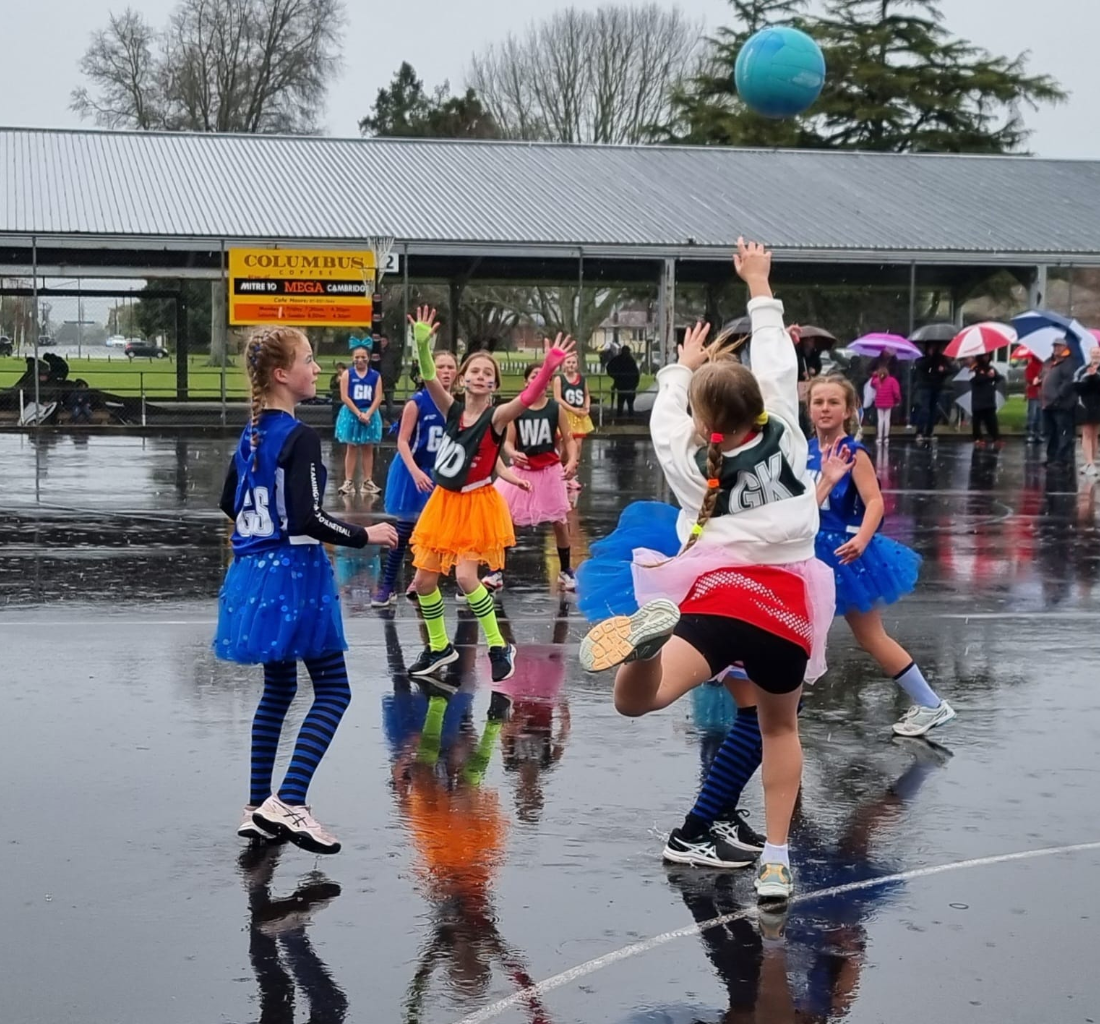Special General Meeting to be held Friday 13th March - please see our SGM website page for details
Year 5 & 6 futureFERN PROGRAMME
Year 5 & 6
Registration: Open to all Year 5 & 6 children
Length of Competition: 13 weeks
Year Group: Year 5-6
Day: Saturdays
Where: Cambridge Netball Centre - 12 Scott Street
Time: Year 5 - 9.50am or 10.50 round. Year 6 - 10.50am
Registration Fee: $43 per player plus your choosen clubs fees
Where can I register my child to play? There are two clubs & two schools that play in our Year 5-6 league. The clubs are Hautapu, Leamington and Tamahere & Tauwhare Schools.
Overview Year 5 & 6
The focus is on continued ‘learning’ of Netball as junior players will have an increased enthusiasm to learn but still want to have fun and experience the game with their friends. There is continued development and consolidation of movement skills and the introduction of some technical and tactical concepts that are relevant to the development of the game. Socially, children at this stage are more independent but like organised group activities.
Netball continues to be modified for this age group. The focus is on player rotation to prevent early specialisation of positions.
Players are continuing to develop physically, technically and socially so it is important to give them the opportunity to play a wide range of positions on the court, regardless of their physical attributes. As the Silver Ferns squad demonstrates, it is very useful for a player to be competent in more than one position so children should be encouraged to play in attacking, midcourt and defensive roles throughout the season of play. ‘Deliberate Play’ and ‘Teaching Games for Understanding’ (TGFU) should play important roles as both require players to make quick decisions and develop skills in a game-like context which has been shown to develop skills effectively. Players should have lots of touches of the ball and be involved actively to develop their skills in the best possible way.
In a player’s developing years, it is critical that they are exposed to as many experiences as possible.
“Athletes who experience a relaxed and fun approach emerge more balanced and well-rounded than those who do not. This increases their chances of reaching elite levels in their sports. Youth who try a number of sports and specialize at older ages reach higher performance levels than those who specialize early.” This quote highlights that a player with a more rounded skill set develops a higher level of physical literacy.
Playing Format - Year 5 & 6
Game format: 6v6
Game Day format: 4 x 8-minute quarters
Goal height: 2.6 metres
Ball size: Size 4 ball
Umpire: Umpires are used at this level
Use of whistle: Yes
Rules of play
- Time with the ball: Ball can be held for up to 5 seconds
- Footwork: The player must not reground the first grounded foot
- Defending player: Must retreat 1 metre
- Substitutions: Both teams have the right to make rolling substitutions and/or team changes, at any stage of the game, with the players meeting at the side line and high fiving. There is no limit to the number of substitutions which can be made by a team.
- Rotations: Players to rotate to ensure equal opportunities in all positions
- Court size: Full court
- Start of play: The Centres from the two teams use Paper, Scissors, Rock game to determine who will start with the ball, at the beginning of every quarter. Play starts from the centre circle on the whistle. After a goal is scored, play restarts with the non-scoring team having the centre pass.
- Player participation time: Minimum of half a game
Competition set-up
- Competition with focus on all-round development of all players and equal opportunities to play in all positions
- Scores are taken and teams are graded
- No competition ranking or results tables
- No representative teams
Weekly participation
- Training time should not exceed competition time
- Approximately 45-60 minutes per session
- One-two sessions (including game) per week
Cambridge Netball Centre
Location 12 Scott St, Cambridge, New Zealand, 3432
Phone 0210777348
Email admin@cambridgenetball.co.nz
Sign up to the Cambridge Netball Centre eNewsletter





 Admin Login
Admin Login